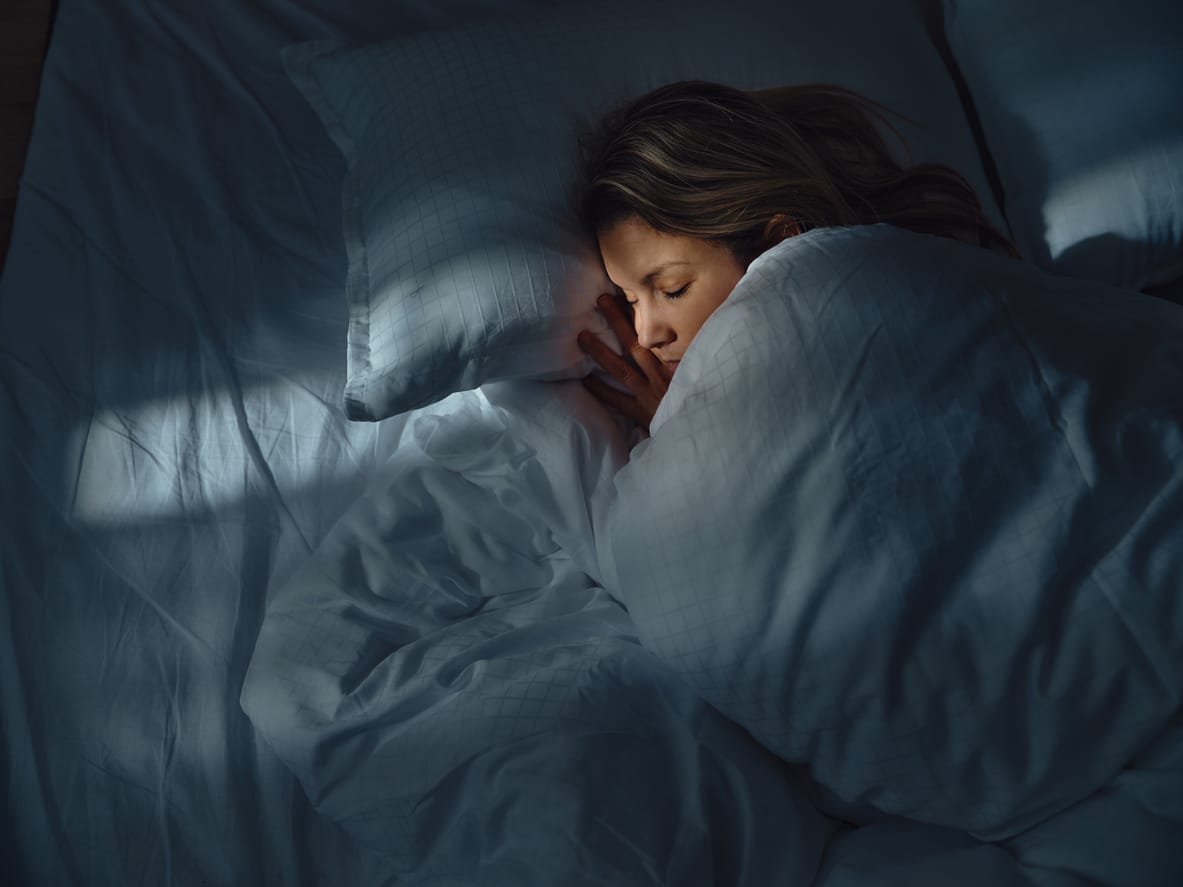Sleep is a critical component of our overall health, impacting everything from cognitive function to cardiovascular health. Recent studies have begun to uncover a link between sleep quality and hearing loss, adding to the list of reasons why getting adequate sleep is essential. Let’s examine a couple of examples.
Sleep Duration and Hearing Loss

A study published in November 2023 suggests there’s a correlation between the amount of sleep one gets and their hearing ability. The study, published in BMC Public Health found that individuals who consistently slept less than the recommended seven to nine hours per night experienced greater numbers of hearing loss episodes compared to those who slept at least seven hours. There could be a couple of reasons for this correlation:
- Less time for restorative processes: Our body repairs itself while asleep. Insufficient sleep might reduce the body’s ability to repair auditory cells and tissues, leading to damage over time.
- Poor cardiovascular health: Insufficient sleep can cause poor cardio function, which can reduce blood flow to the inner ear, thereby potentially damaging the delicate inner ear hair cells responsible for auditory function.
These findings suggest that maintaining a healthy sleep schedule is crucial not only for overall well-being but also for preserving our auditory health.
Obstructive Sleep Apnea and Hearing
Another study links Obstructive Sleep Apnea (OSA), a common sleep disorder characterized by repeated interruptions in breathing during sleep, to an increased likelihood of hearing loss. According to a study published in May 2023 in Frontiers in Public Health, individuals with OSA were found to have a higher risk of developing hearing loss compared to those without.
OSA occurs when throat tissues relax during sleep, blocking airways. OSA causes reduced oxygen in the bloodstream, which damages inner ear hair cells, resulting in hearing loss. Additionally, OSA causes people to wake up throughout the night, also contributing to poor or reduced amounts of sleep.
The studies linking poor sleep to hearing loss highlights the need to integrate better sleep practices. Try creating a restful environment, creating a regular sleep schedule and see a doctor if you’re experiencing chronic sleep problems.
To learn more about how to protect your hearing health or to schedule a hearing evaluation, contact ENT of Athens today.